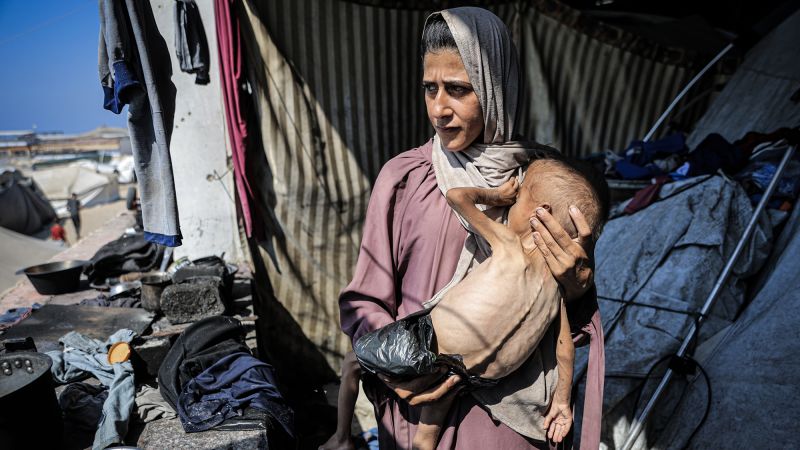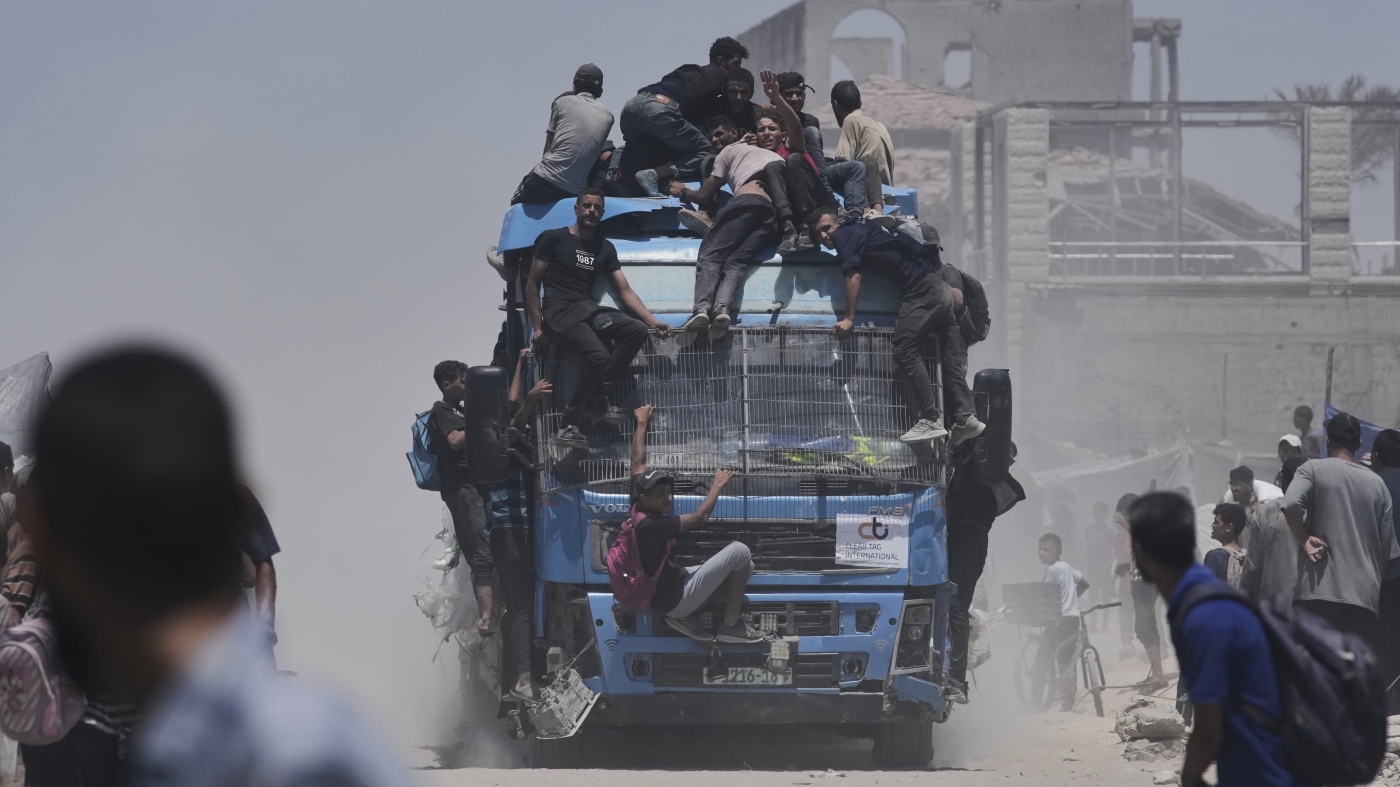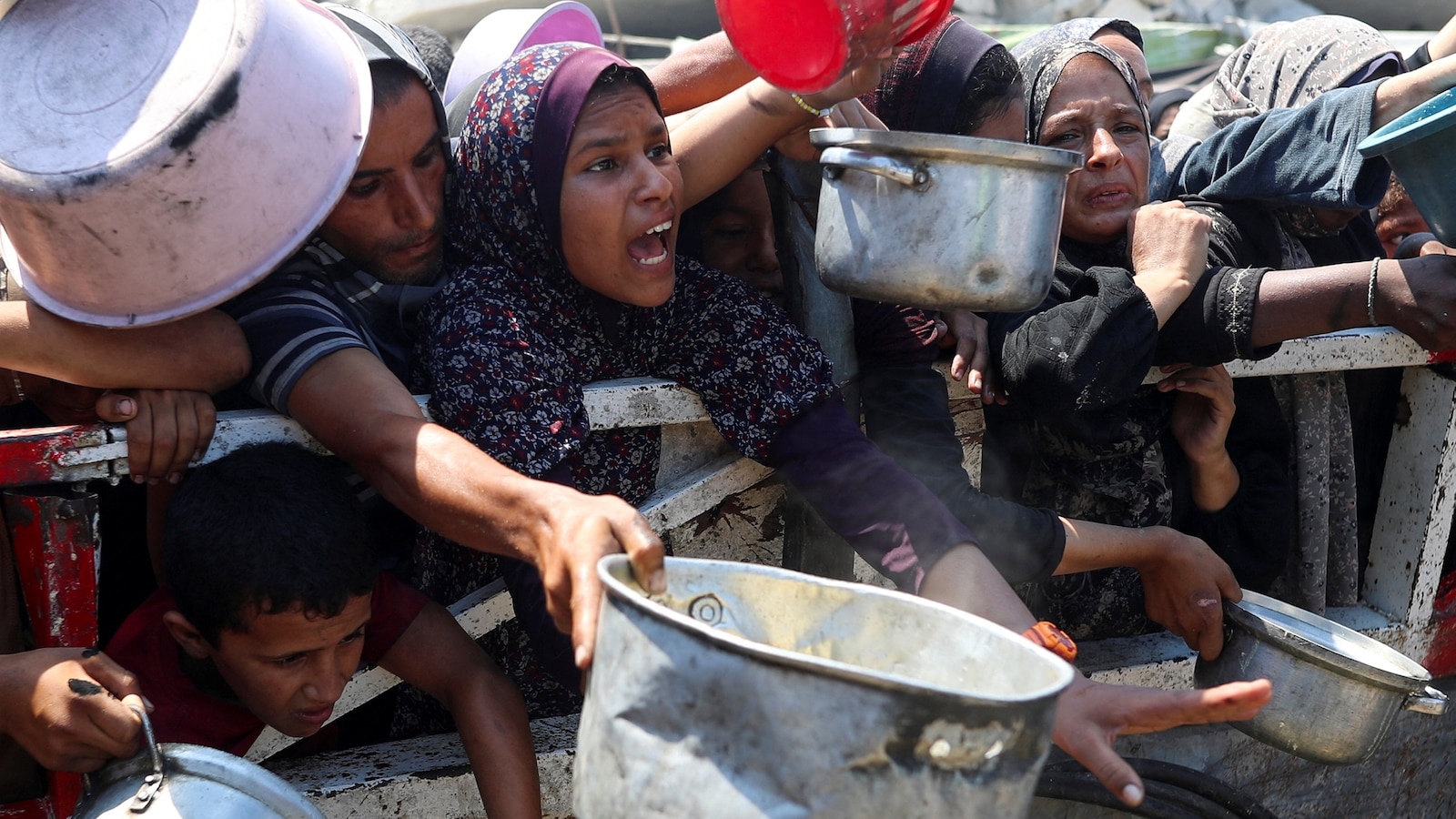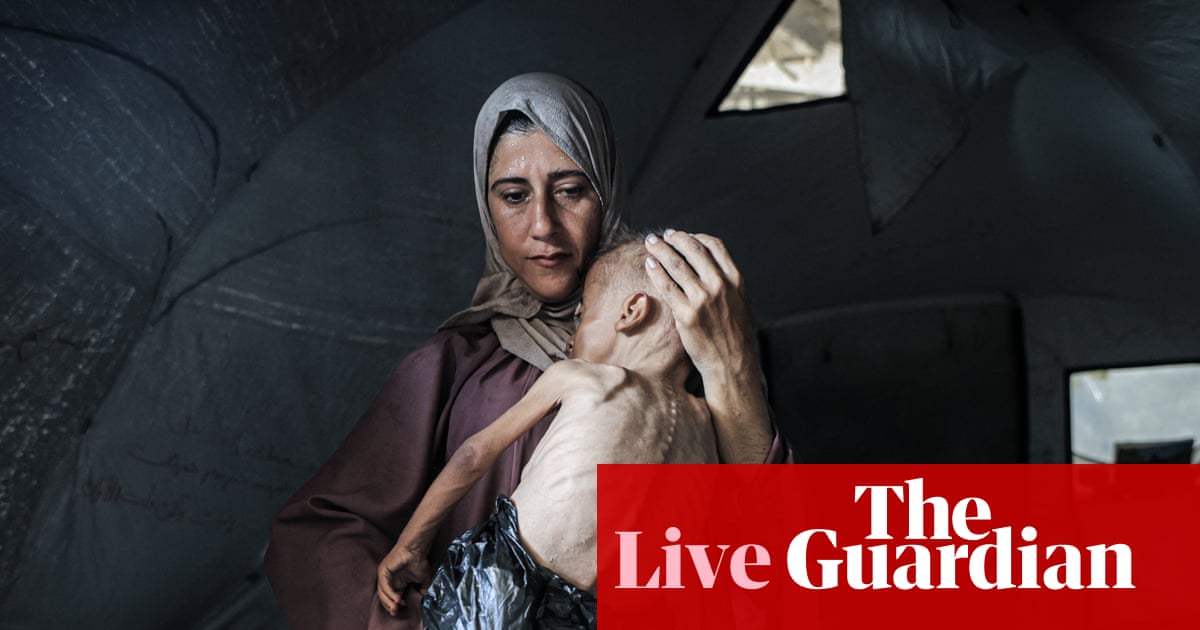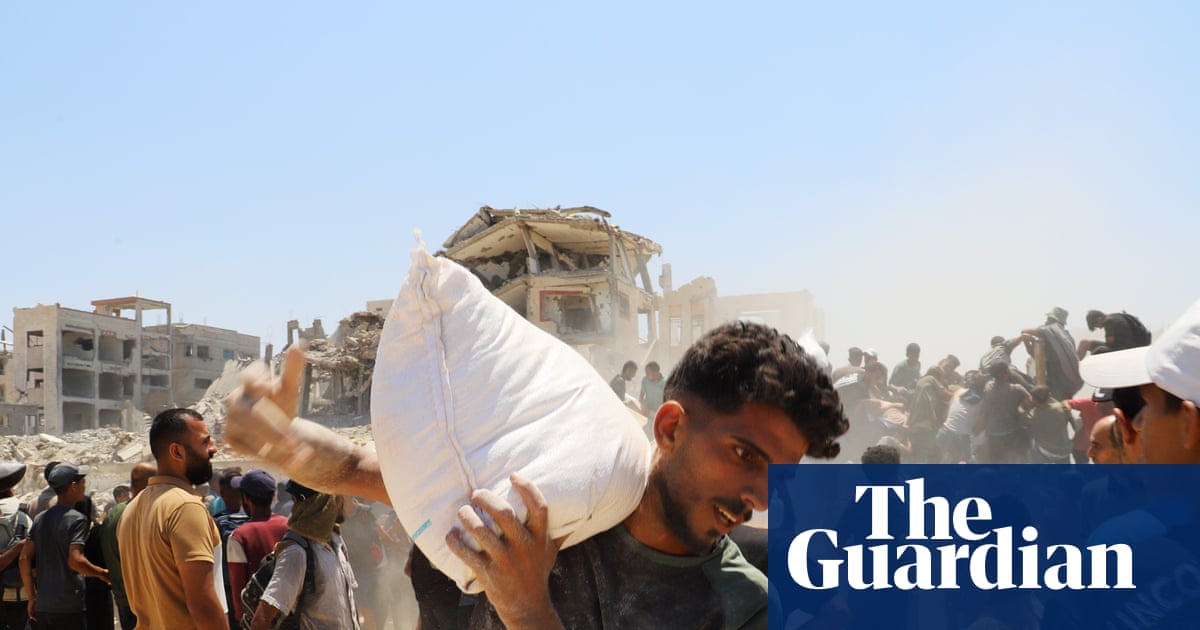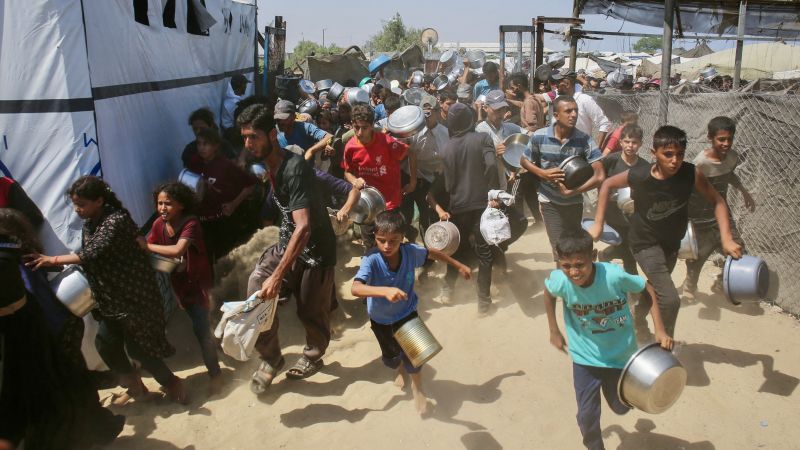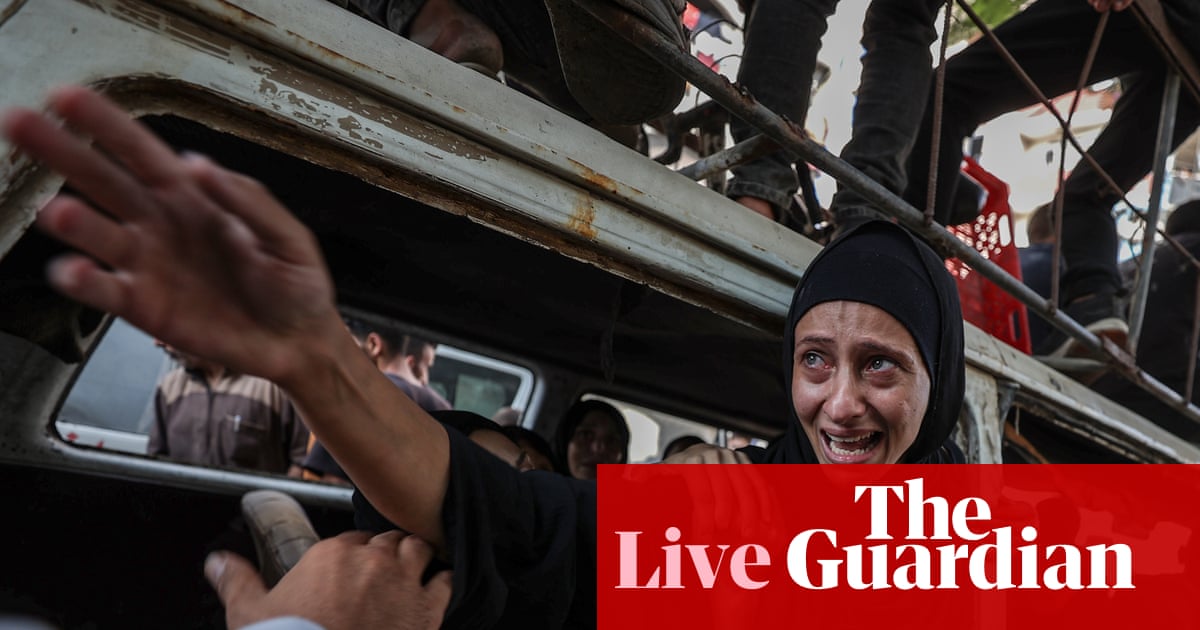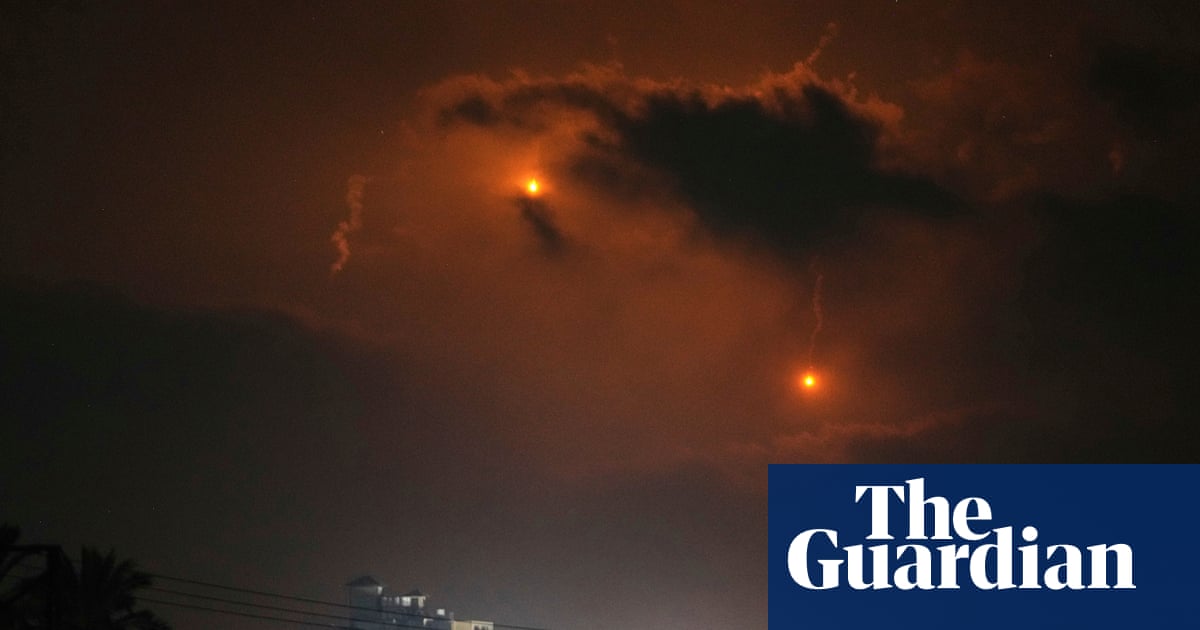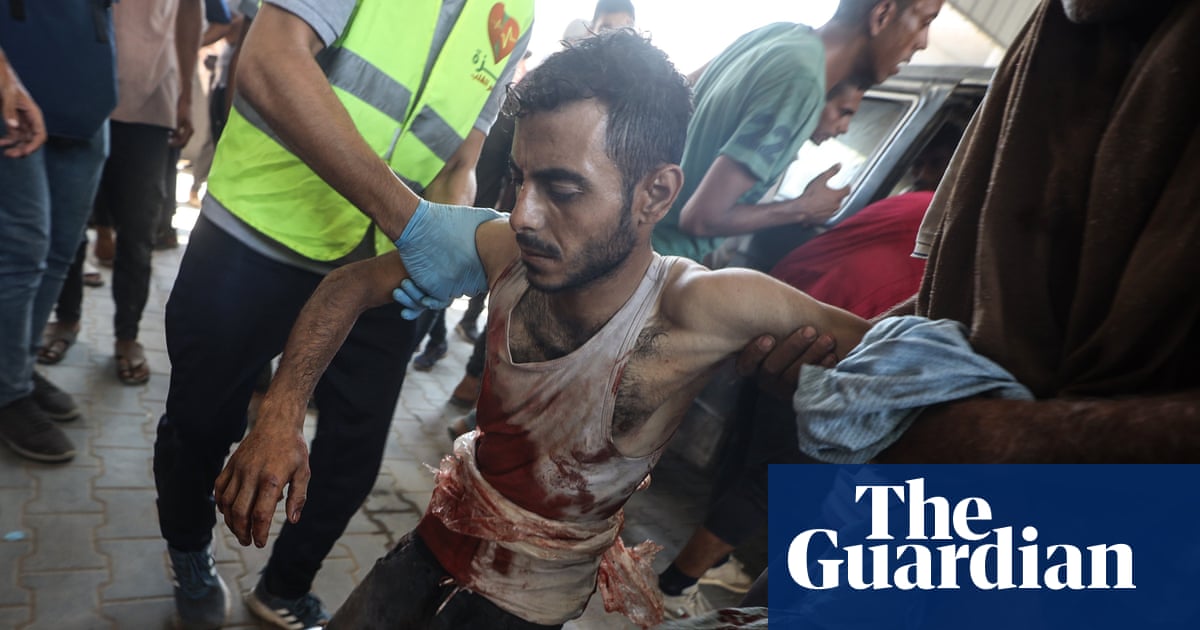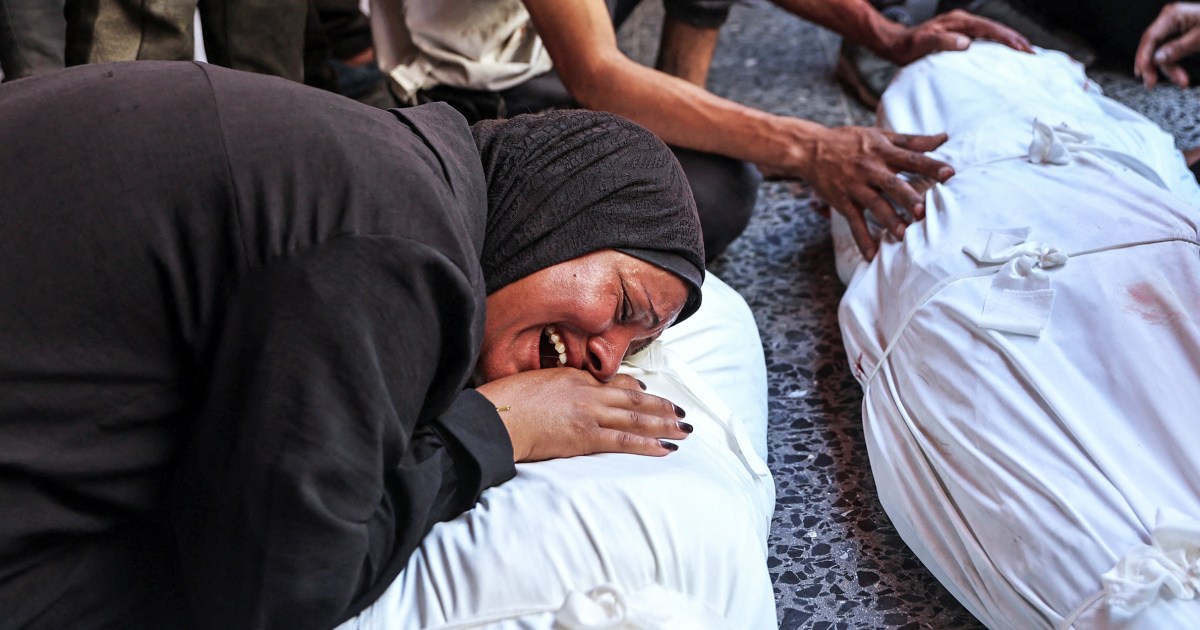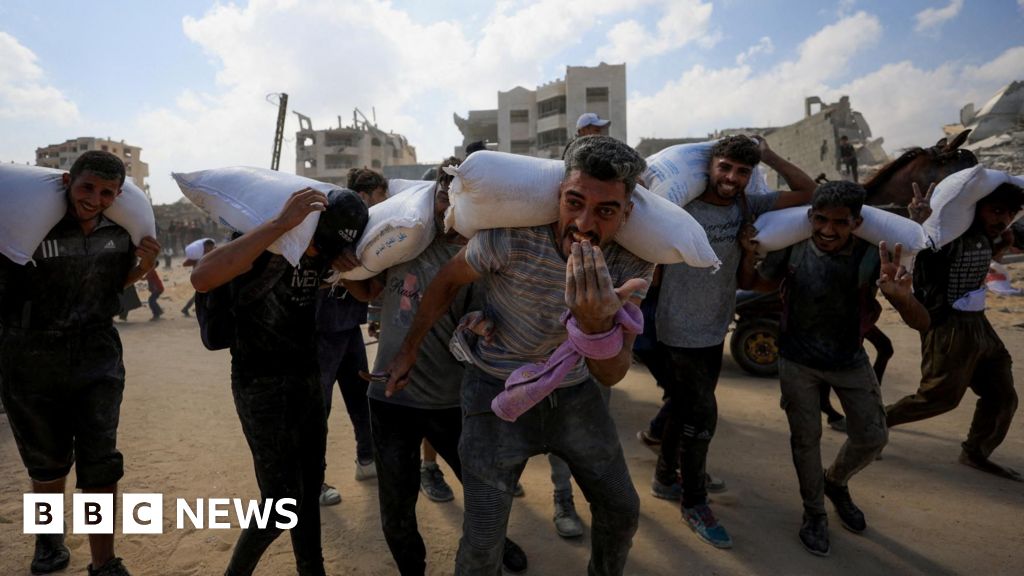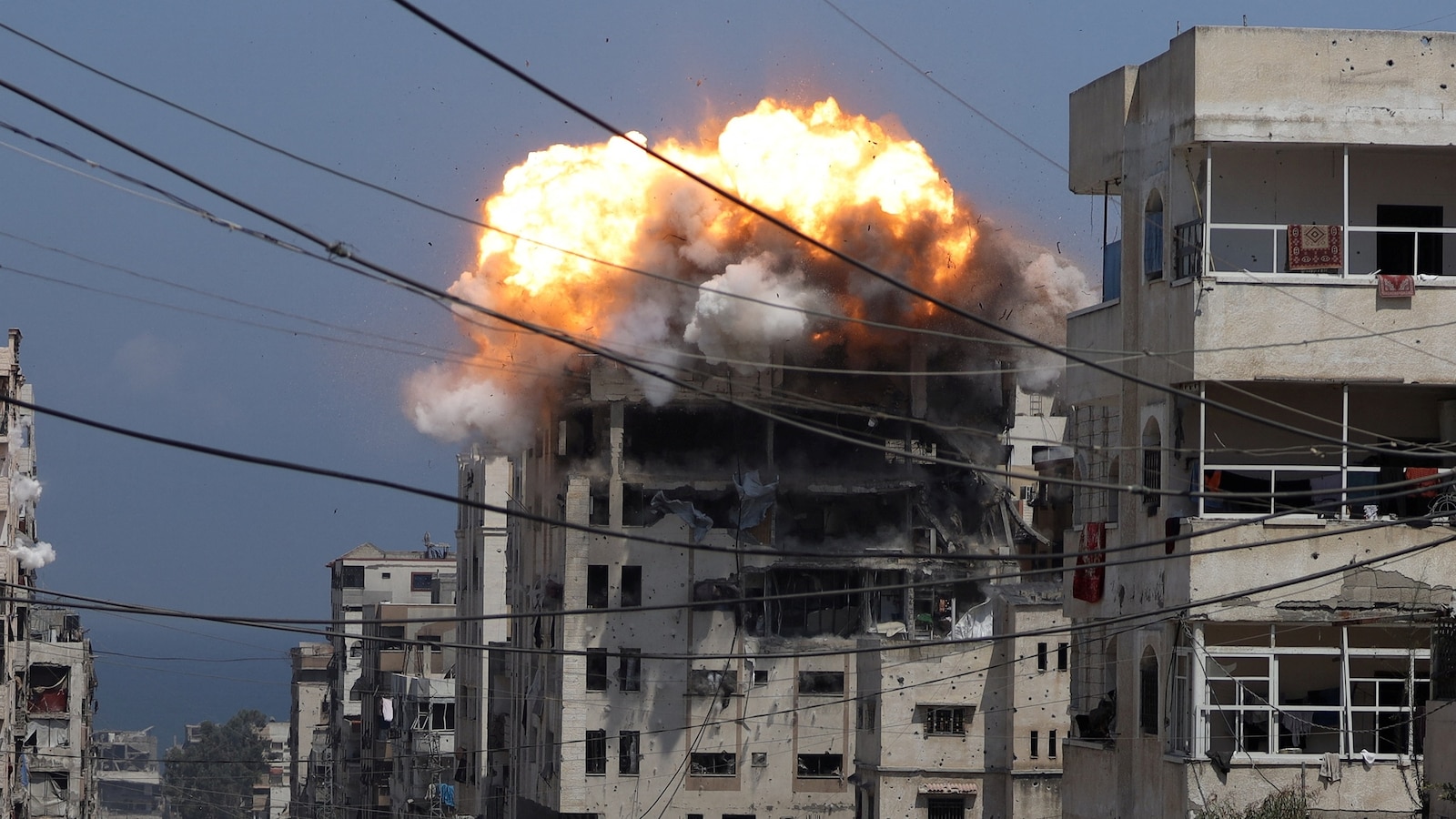International Coalition Demands Immediate Gaza Ceasefire Amidst Humanitarian Crisis
Twenty-eight nations, including the UK and France, along with the UN Secretary-General, demand an immediate Gaza ceasefire, condemning the severe humanitarian crisis and Israel's aid delivery.
Subscribe to unlock this story
We really don't like cutting you off, but you've reached your monthly limit. At just $5/month, subscriptions are how we keep this project going. Start your free 7-day trial today!
Get StartedHave an account? Sign in
Overview
- Twenty-eight nations, including the UK, France, and Canada, jointly demand an immediate end to the Gaza war, stressing the urgent need for peace and stability in the region.
- The United Nations Secretary-General and UK Prime Minister condemned the severe humanitarian crisis in Gaza, highlighting the intolerable conditions faced by over two million residents.
- Nations criticized Israel's aid delivery model, deeming it dangerous and destabilizing, arguing it deprives Gazans of human dignity and essential basic needs, exacerbating suffering.
- The international coalition specifically condemned the inhumane killing of civilians, including children, and the widespread deprivation of basic necessities, urging an immediate cessation of hostilities.
- This broad international demand reflects growing global concern over the conflict's impact, aiming to alleviate suffering and ensure civilian protection in Gaza effectively.
Report issue

Read both sides in 5 minutes each day
Analysis
center-leaning sources frame the Gaza humanitarian crisis by emphasizing the severe suffering of Palestinians and attributing it to Israeli actions, including the blockade and alleged killings of aid-seekers. They prioritize UN and aid group accounts, using evaluative language like "trickle of aid" and "inhumane killing," while presenting Israeli counter-arguments with less prominence or subtle qualification.
Articles (19)
Center (7)
FAQ
The humanitarian crisis in Gaza is severe, with over 1.9 million Palestinians displaced and facing crisis-level food insecurity. More than 50,000 Palestinians have been killed, and nearly half a million are at risk of starvation and acute malnutrition. The population suffers from lack of access to sufficient water, food, and medical care, with widespread destruction caused by prolonged conflict.
Aid deliveries in Gaza have been significantly impeded. Of the planned aid movements coordinated with Israeli authorities in July 2025, a substantial portion were denied or faced obstacles: about 17% denied, 33% initially accepted but impeded, and only 45% facilitated. The blockade and restrictions have limited the availability of essential supplies, worsening the humanitarian crisis.
The international coalition, comprising 28 nations including the UK, France, and Canada, along with the UN Secretary-General, has demanded an immediate ceasefire in Gaza. They have condemned the severe humanitarian crisis, the inhumane killing of civilians, and the deprivation of basic necessities. The coalition calls for protection of civilians and effective delivery of humanitarian aid to alleviate suffering.
Malnutrition and healthcare shortages in Gaza create a dangerous cycle where illness and starvation exacerbate each other. Malnutrition weakens immune response, making individuals, especially children, more vulnerable to deadly diseases like pneumonia, diarrhoea, and measles. With limited access to medical care, vaccine coverage has decreased, increasing the risk of severe illness and death.
The conflict has resulted in at least 58,573 reported Palestinian deaths, including significant numbers of men, women, children, and elderly. Over 1.9 million people, approximately 90% of Gaza's population, have been displaced, many multiple times due to repeated displacement orders. The destruction and ongoing hostilities have caused mass civilian suffering and displacement.
History
- 3M

 3 articles
3 articles
- 3M

 4 articles
4 articles
- 3M

 4 articles
4 articles
- 3M

 5 articles
5 articles
